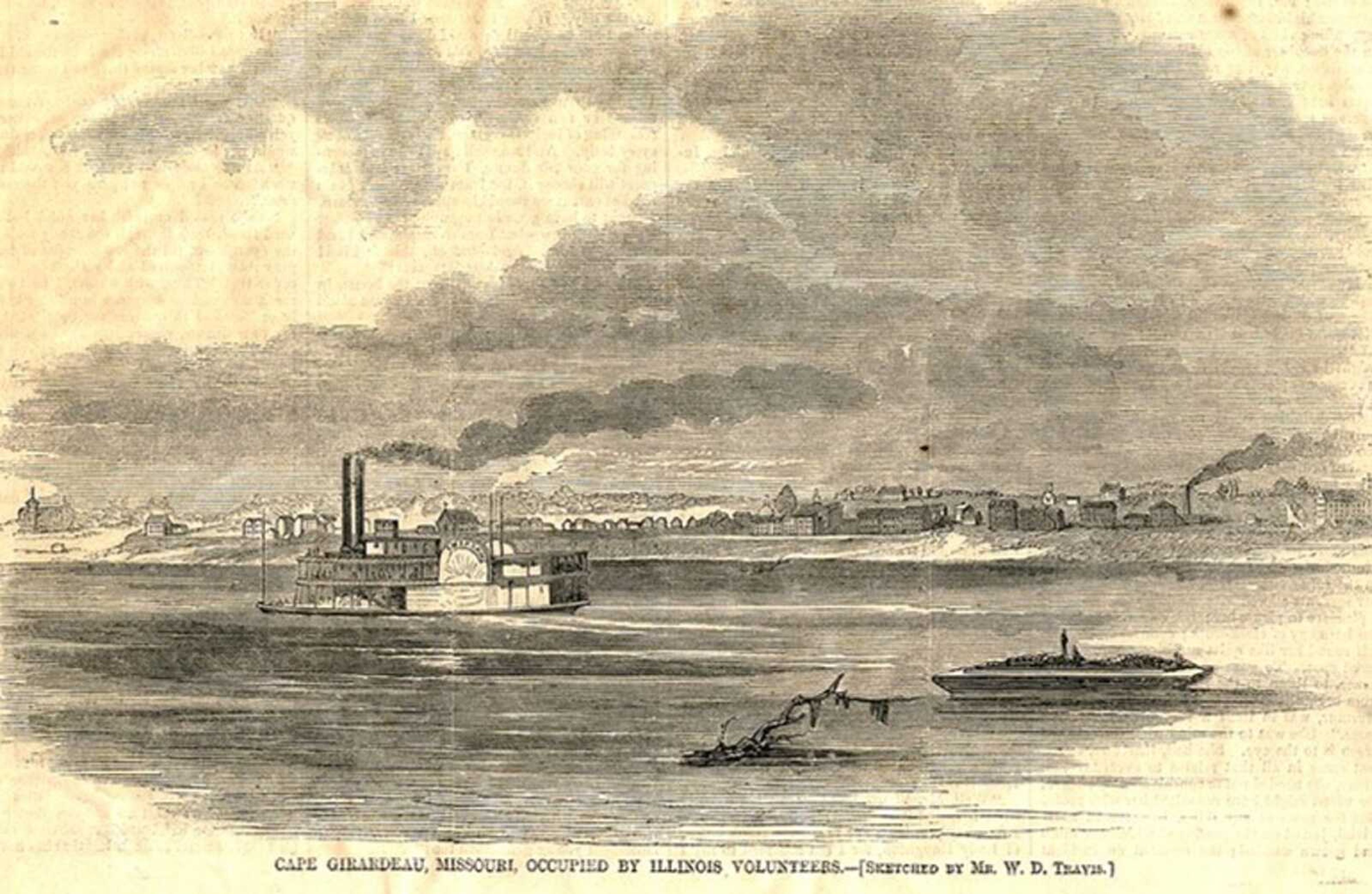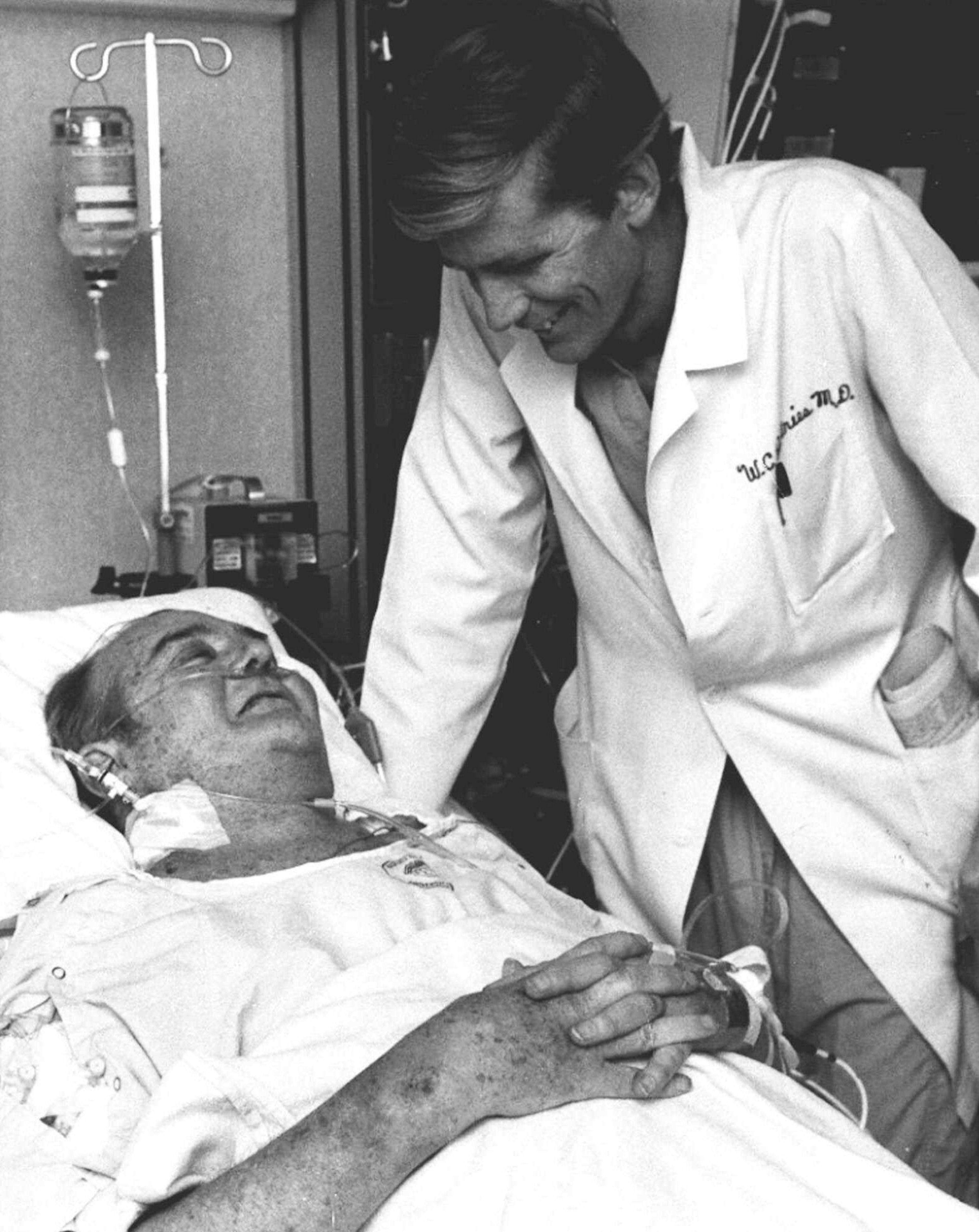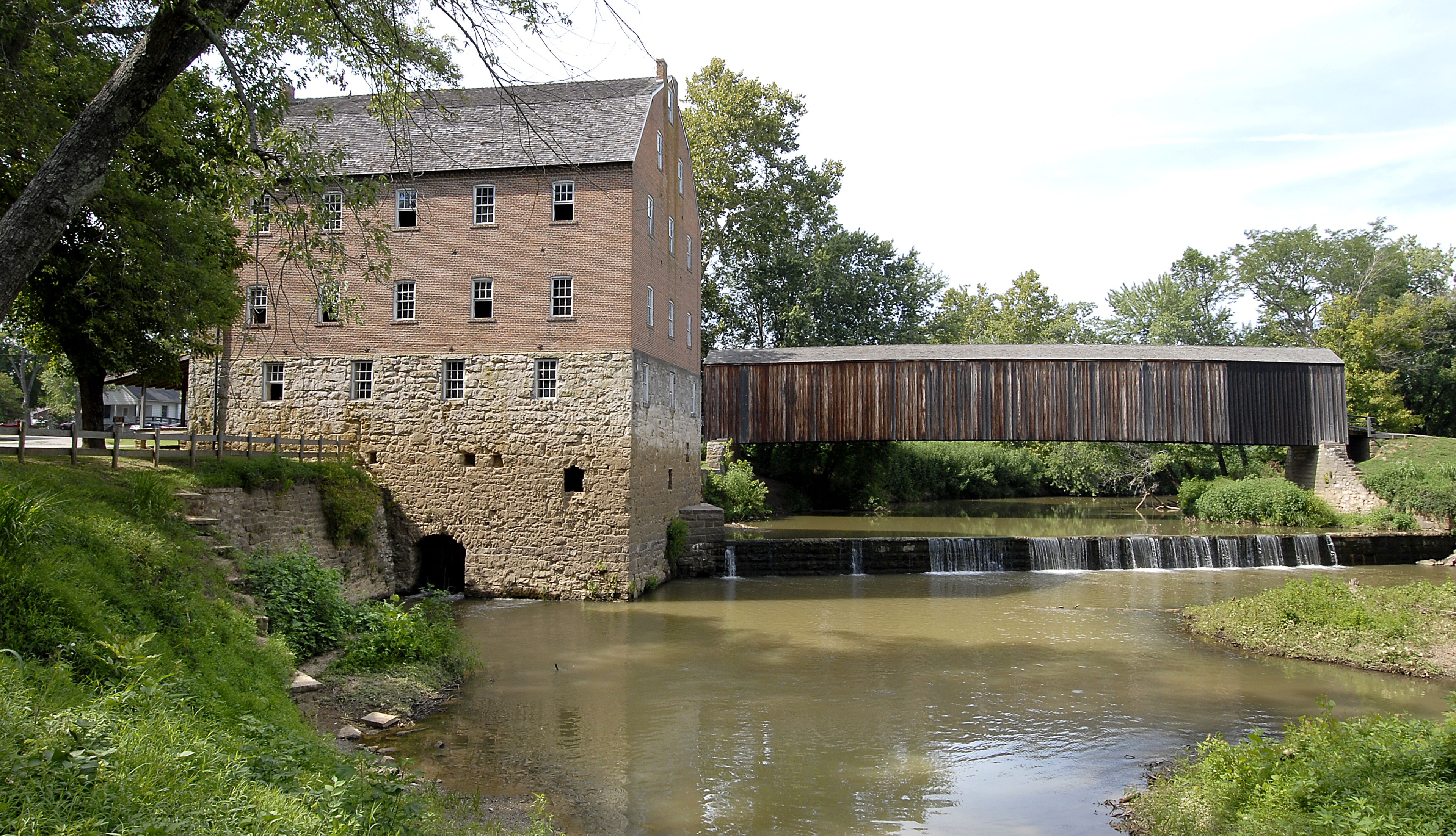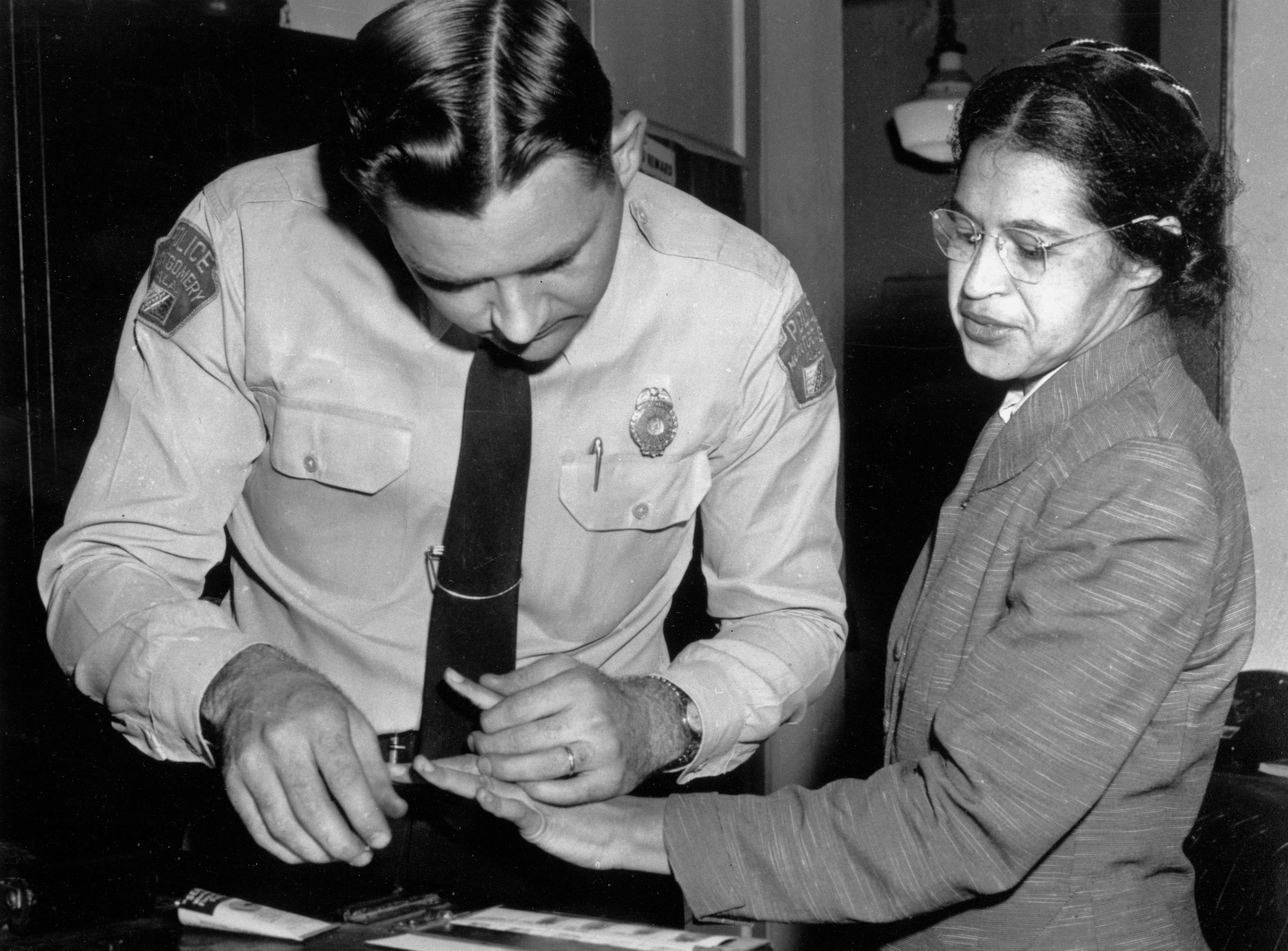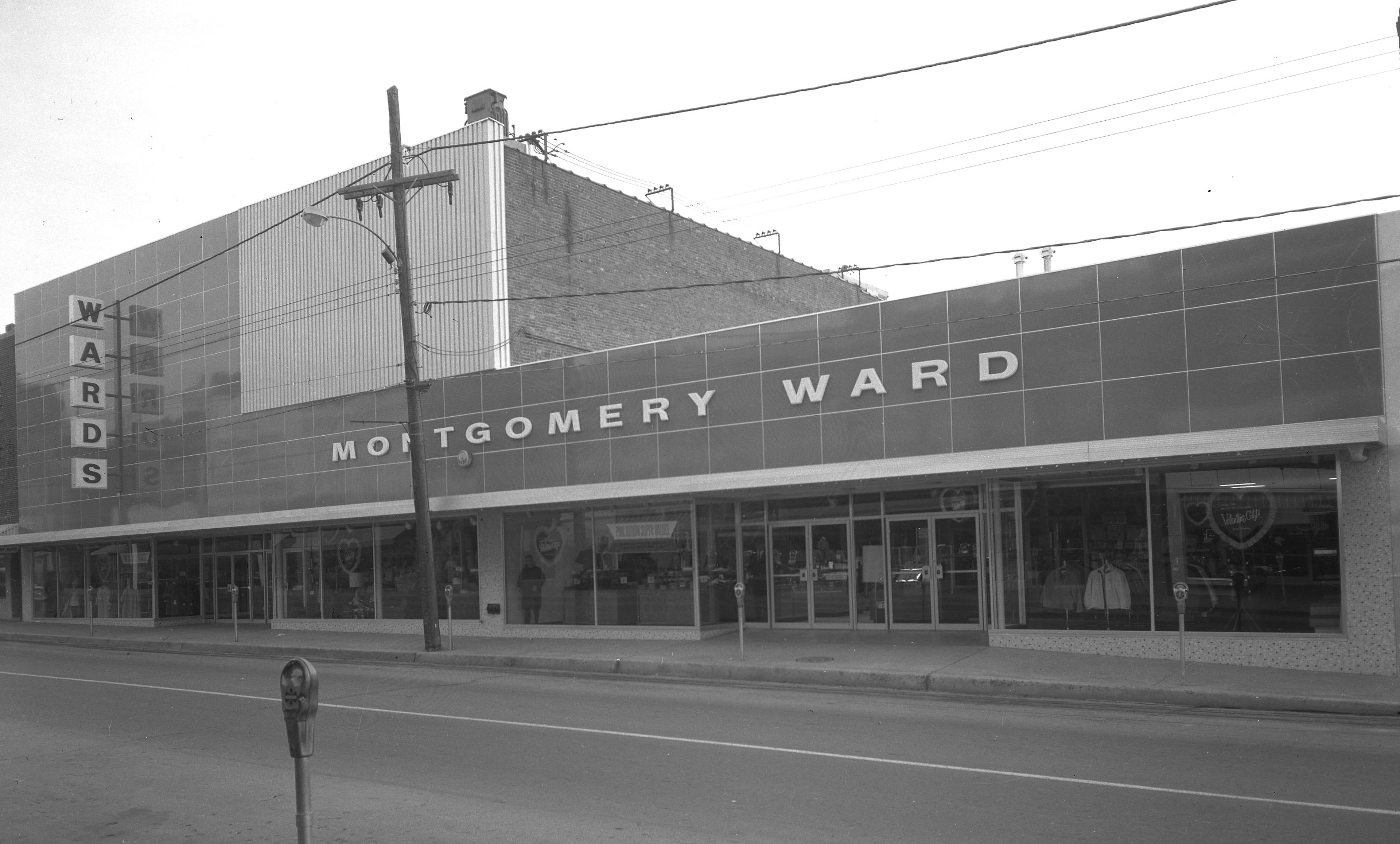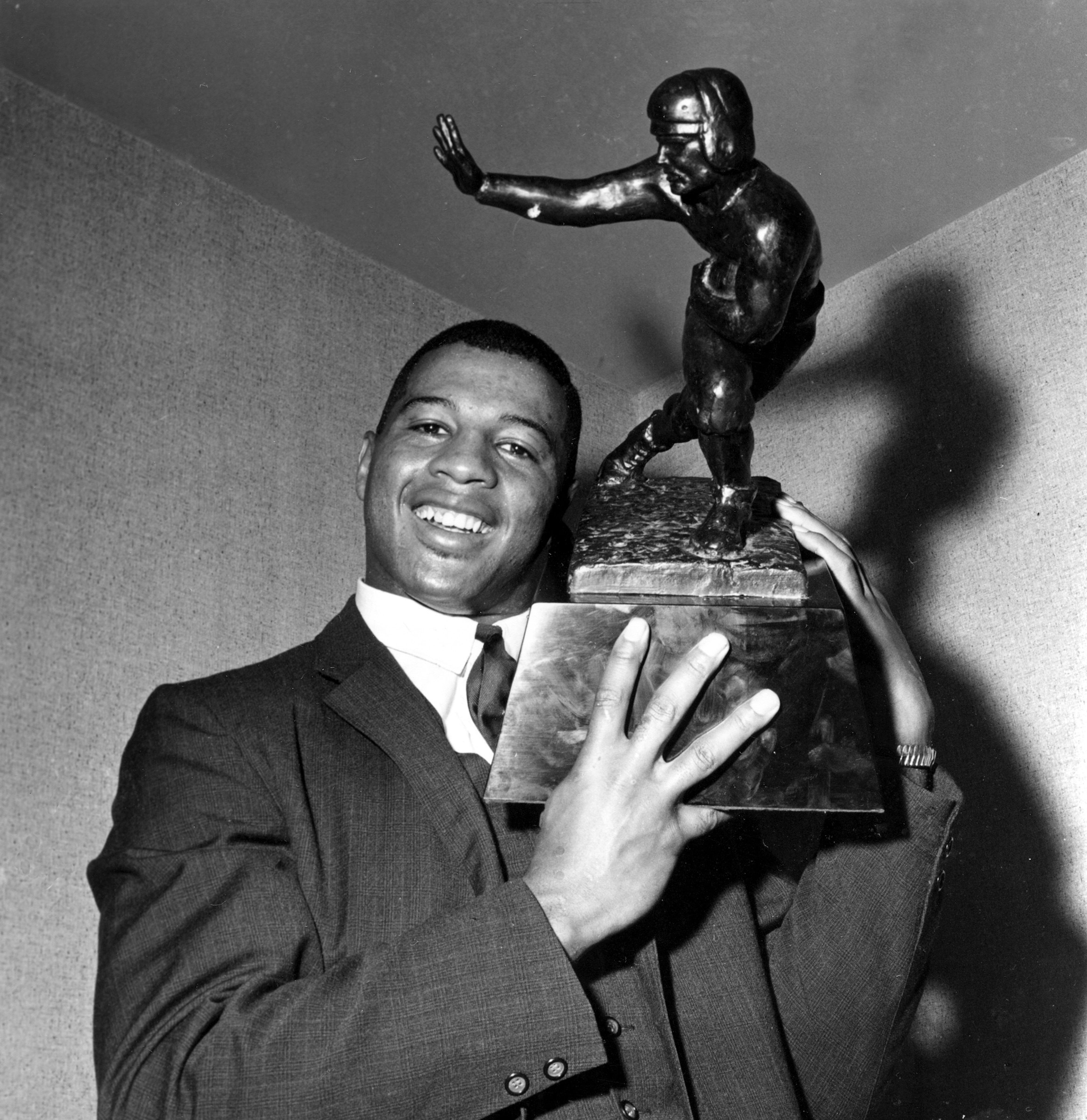Cape Girardeau and the prelude to the Civil War -- Part 1
Discover how the 1860 election set the stage for Cape Girardeau's complex stance on secession and slavery, leading to pivotal decisions that shaped Missouri's role in the Civil War.
The movement toward Civil War in Cape Girardeau began with the 1860 election. Two issues dominated the election: whether the federal government should allow slavery in territories when they applied for admission into the Union and secession. Four presidential candidates ran in 1860. John Bell headed the Constitutional Union Party ticket, which favored compromise and avoiding debates over slavery and secession. This party received 651 votes in Cape Girardeau County, the highest total of any ticket. The Democratic Party's standard bearer, Stephen A. Douglas, received 543 votes, and favored popular sovereignty on the slavery issue in the territories. John C. Breckenridge received 325 votes for the Southern Democratic Party, which was pro-slavery and favored slavery in the territories. Abraham Lincoln and the Republican Party received the lowest total in the county at 175 votes. Republicans opposed slavery in the territories but maintaining existing slave states.
Most voters in Missouri favored preservation of the Union, whether the government allowed slavery in territories or not. Nonetheless, Missouri's newly elected governor, Claiborne F. Jackson, and many state legislators favored secession. The General Assembly voted Jan. 16, 1861, to allow the election of delegates to a state convention from each senatorial district to determine Missouri's course regarding secession.
A large group of the citizens of Cape Girardeau met on Feb. 9 to consider the crisis. First, the Honorable N.W. Watkins, long-time Cape Girardeau County lawyer and state legislator, addressed the crowd. He advocated several resolutions, which the meeting unanimously adopted, opposing secession. This included an appeal to the North to repeal all laws that tended to nullify constitutional laws and compromises and an appeal to the South to stop "the work of revolution."
The group resolved that Missouri should follow the example of its fellow border state Kentucky in defending the Union and acting as a mediator. Nonetheless, the group agreed Missouri should follow the South should secession occur. The meeting echoed one in Jackson on Jan. 24 by placing the name of Watkins forward as a candidate for the state convention.
Despite expectations to the contrary, voters chose not a single advocate of secession to the state convention. The 26th District selected three well-known local leaders as representatives: Nathaniel W. Watkins of Cape Girardeau County, James R. McCormack of Bollinger County and John C. Noell of Perry County. The convention convened on Feb. 28 and voted 98-1 on March 19 against seceding from the Union.
So, the state remained neutral until Confederate forces bombarded Fort Sumter on April 13-14 and Lincoln called for volunteers. Gov. Jackson refused to comply, and on April 20 secessionist militia seized the U.S. Arsenal in Liberty. Jackson called out the state militia, appointed pro-secession officers and obtained Confederate artillery.
The militia attempted to seize the St. Louis Arsenal, but Union forces commanded by Capt. Nathaniel Lyon surrounded and captured them on May 10. This action, the Camp Jackson Affair, led the General Assembly and Governor to enact legislation reorganizing the militia as the Missouri State Guard.
Connect with the Southeast Missourian Newsroom:
For corrections to this story or other insights for the editor, click here. To submit a letter to the editor, click here. To learn about the Southeast Missourian’s AI Policy, click here.


